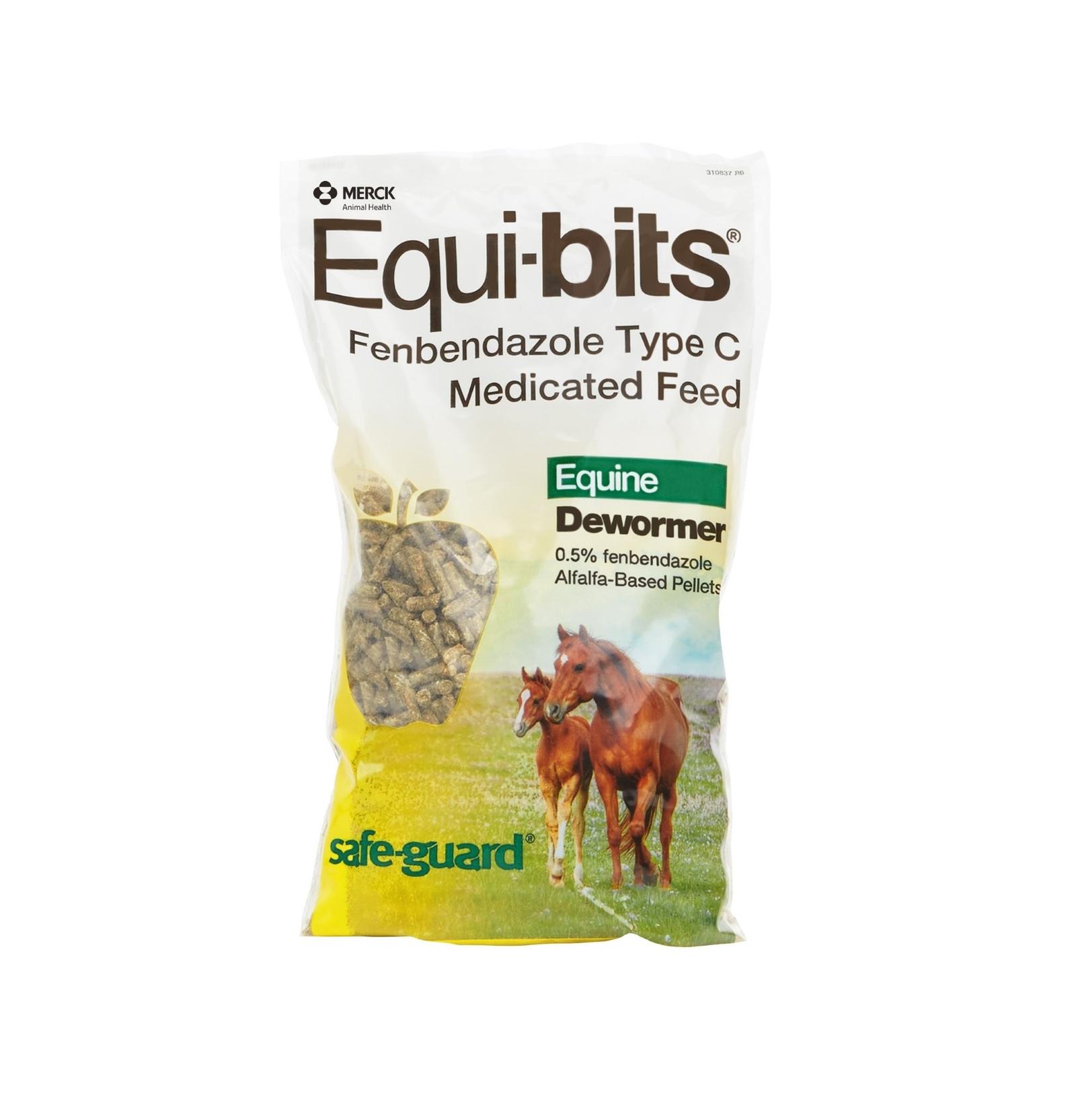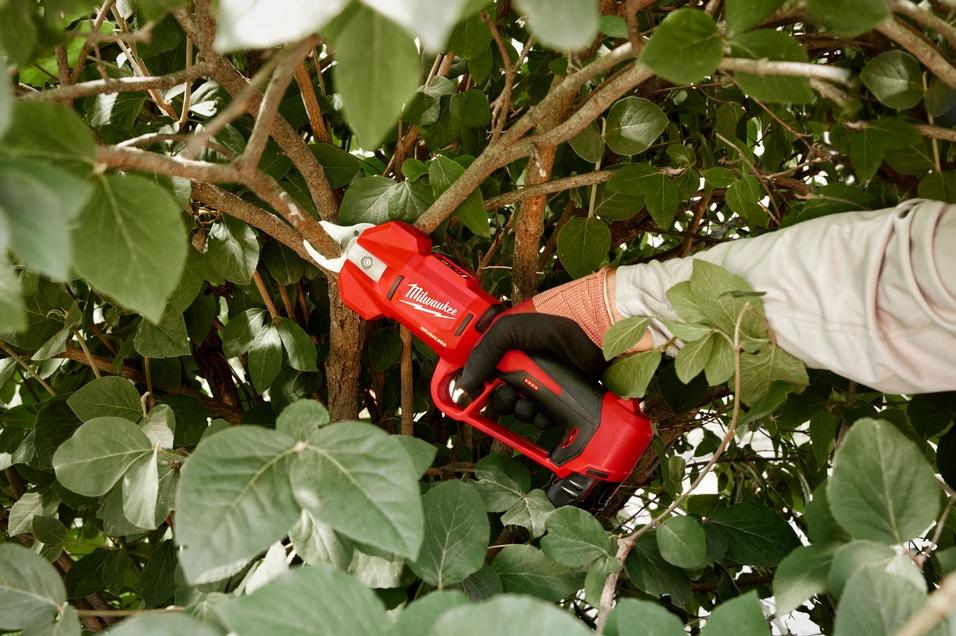Merck Safe-Guard® Equi-bits® Equine Dewormer

$16.99
Merck Safe-Guard® Equi-bits® Equine Dewormer

SKU3006687
EID 16587321
BrandMerck Animal Health
SAFE-GUARD® EQUI-BITS® (Fenbendazole) Type C Medicated Feed is indicated for the control of large strongyles (Strongylus edentatus, S. equinus, S. vulgaris, Triodontophorus spp.), small strongyles (Cyathostomum spp., Cylicocyclus spp., Cylicostephanus spp.), pinworms (Oxyuris equi), and ascarids (Parascaris equorum). Different mode of action is what makes SAFE-GUARD® (fenbendazole) so effective against the most dangerous parasites of the horse.
- Feed and deworm in a single step with palatable alfalfa-based pellets
- Controls large strongyles, small strongyles, pinworms and ascarids
- Safe for pregnant mares and stallions
- Perfect for weanlings or yearlings on feed or hard-to-paste or hard-to-catch horses
- 5.0 grams per kilogram fenbendazole (2.27 grams per pound)
Dosage/Directions:
FEEDING DIRECTIONS
Type C feed is to be fed at the rate of 0.1 or 0.2 pounds per 100 pounds of body weight to provide 2.27 or 4.54 mg fenbendazole per pound of body weight.
For the control of large strongyles, small strongyles, and pinworms the recommended dose is 5 mg fenbendazole per kg body weight (2.27 mg fenbendazole per pound) in a ONE (1) DAY treatment. For the control of ascarids the recommended dose is 10 mg fenbendazole per kg body weight (4.54 mg fenbendazole per pound) in a ONE (1) DAY treatment.
All horses must be eating normally to ensure that each animal consumes an adequate amount of medicated feed.
Do not underdose. Ensure each animal receives a complete dose based on a current body weight. Underdosing may result in ineffective treatment, and encourage the development of parasite resistance.
Cautions:
WARNINGS: Parasite resistance may develop to any dewormer, and has been reported for most classes of dewormers. Treatment with a dewormer used in conjunction with parasite management practices appropriate to the geographic area and the animal(s) to be treated may slow the development of parasite resistance. Fecal examinations or other diagnostic tests and parasite management history should be used to determine if the product is appropriate for the herd, prior to the use of any dewormer. Following the use of any dewormer, effectiveness of treatment should be monitored (for example, with the use of a fecal egg count reduction test or another appropriate method). A decrease in a drug’s effectiveness over time as calculated by fecal egg count reduction tests may indicate the development of resistance to the dewormer administered. Your parasite management plan should be adjusted accordingly based on regular monitoring.
Do not use in horses intended for human consumption. Consult your veterinarian for assistance in the diagnosis, treatment, and control of parasitism.








